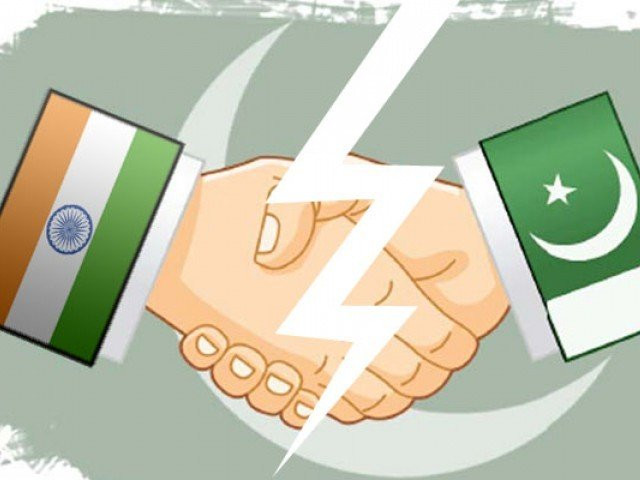‘Credible deterrence must be maintained against hostile India’
CISS report says growing asymmetry in South Asia means deterrence will remain in flux

ILLUSTRATION: JAMAL KHURSHID
This was recommended by the think tank, Centre for International Strategic Studies (CISS), in a special report titled ‘Pulwama - Balakot Crisis and Operation Swift Retort’. The report was launched on Friday to mark the first anniversary of ‘Operation Swift Retort’ launched by the Pakistan Air Force against aerial incursion by India in February 2019.
The report, which has been edited by CISS Senior Research Fellow Saima Aman Sial, noted that Operation Swift Retort was effective. However, it noted that Pakistan needs to seriously take into account Indian arms acquisitions as well as destabilising doctrinal trends which have manifested themselves in the form of pre-emptive and counterforce postures.
The further report observed that India’s hostile rhetoric is continuing and there has been no letup in ceasefire violations on the Line of Control.
“Pakistan’s measured response during the 2019 crisis reasserted the efficacy of its conventional deterrence, but the growing qualitative and quantitative asymmetry in South Asia is likely to keep deterrence stability under constant stress for the foreseeable future,” the report maintained, before suggesting that, “Pakistan, therefore, needs to be vigilant and cognizant of the evolving nature of the threat spectrum and continue to maintain the credibility of its full spectrum response.”
At a ceremony to commemorate Operation Swift Retort and to launch the special issue, CISS Executive Director Ambassador Ali Sarwar Naqvi said that the report revisits the crisis and explains various aspects, including the dynamics of escalation/de-escalation, aspects of nuclear signalling, the appraisal of conventional preparedness, role of crisis managers, lessons for crisis management and the part played by Indian media in spreading sensationalism.
Published in The Express Tribune, February 29th, 2020.



















COMMENTS
Comments are moderated and generally will be posted if they are on-topic and not abusive.
For more information, please see our Comments FAQ